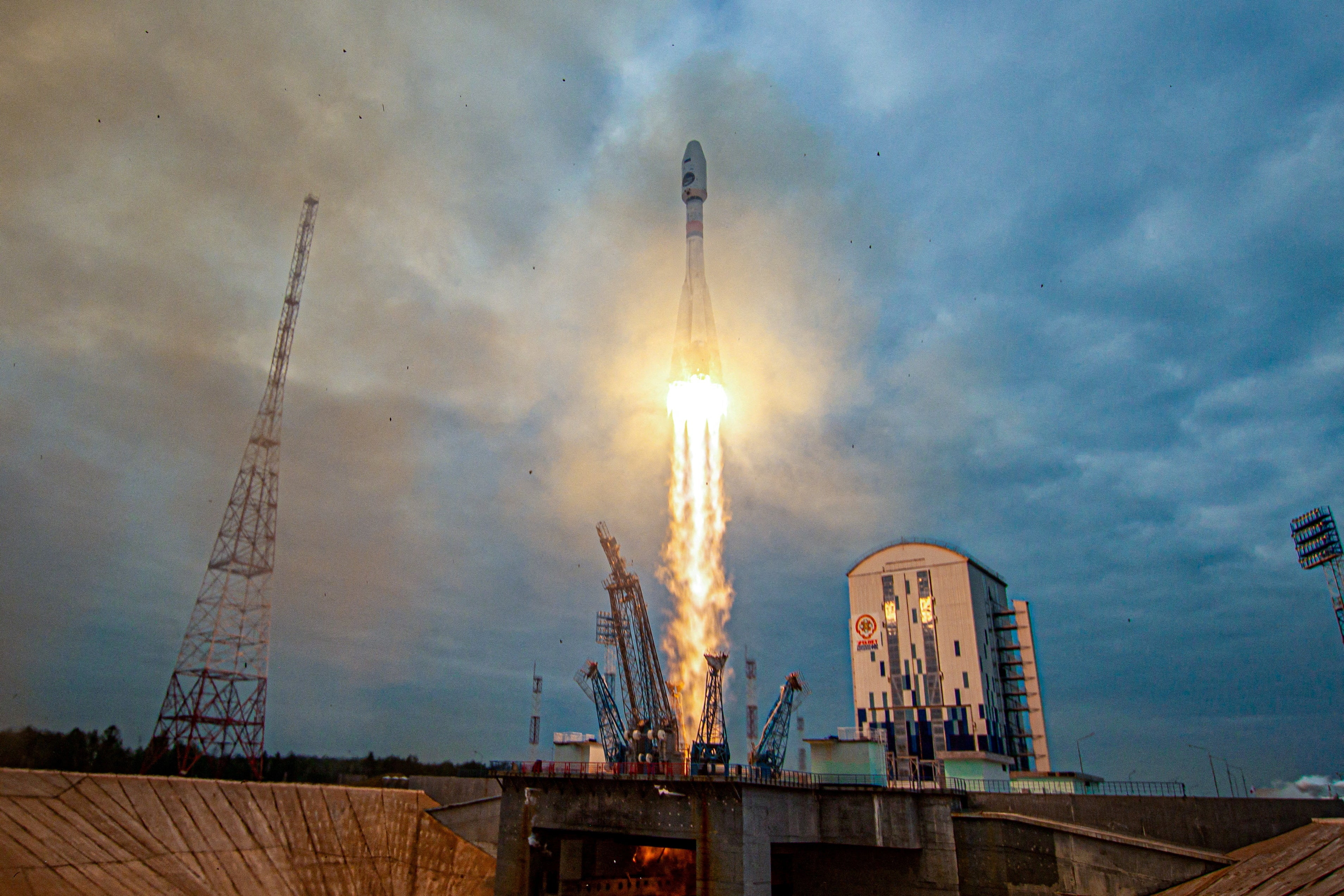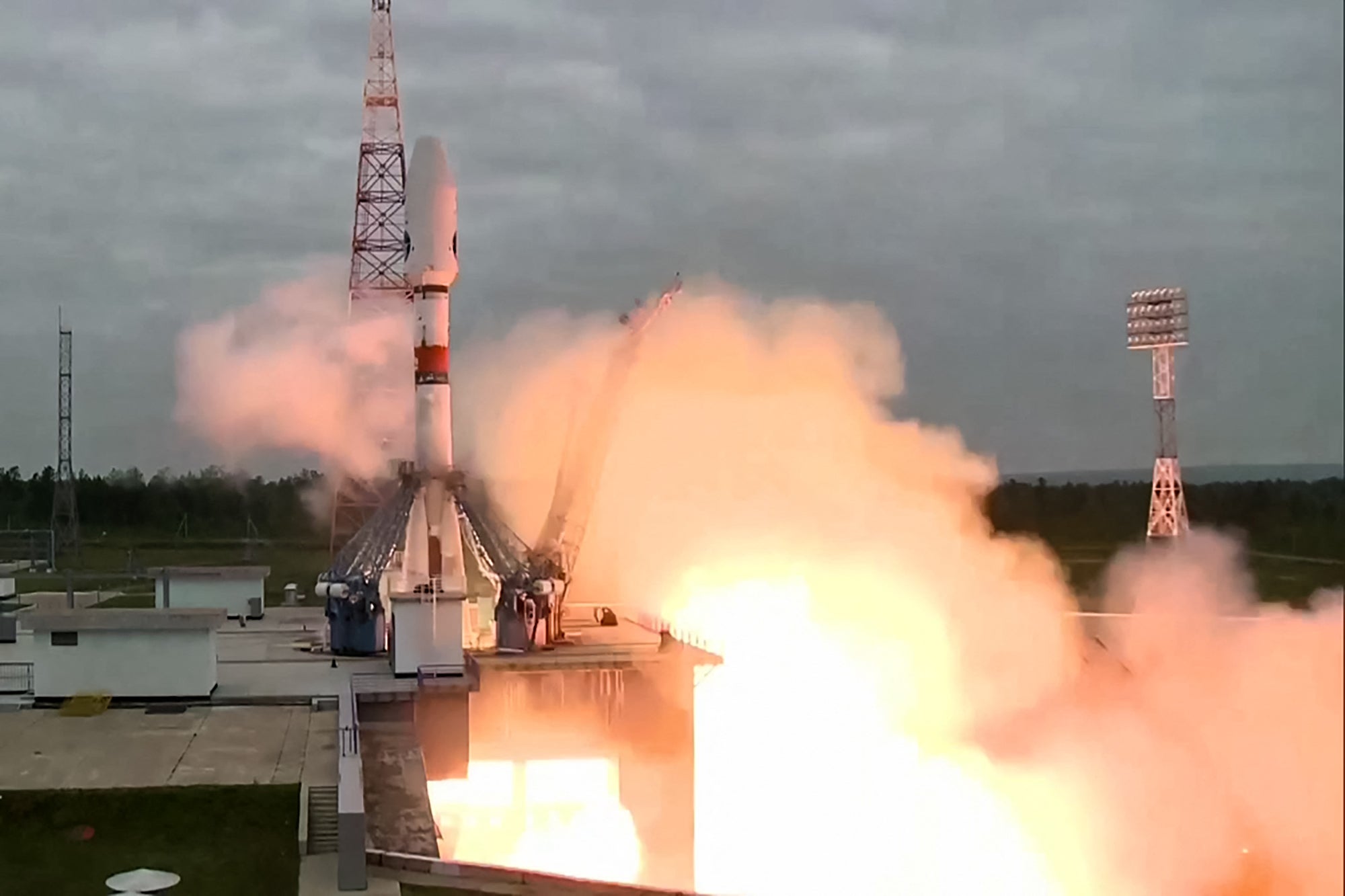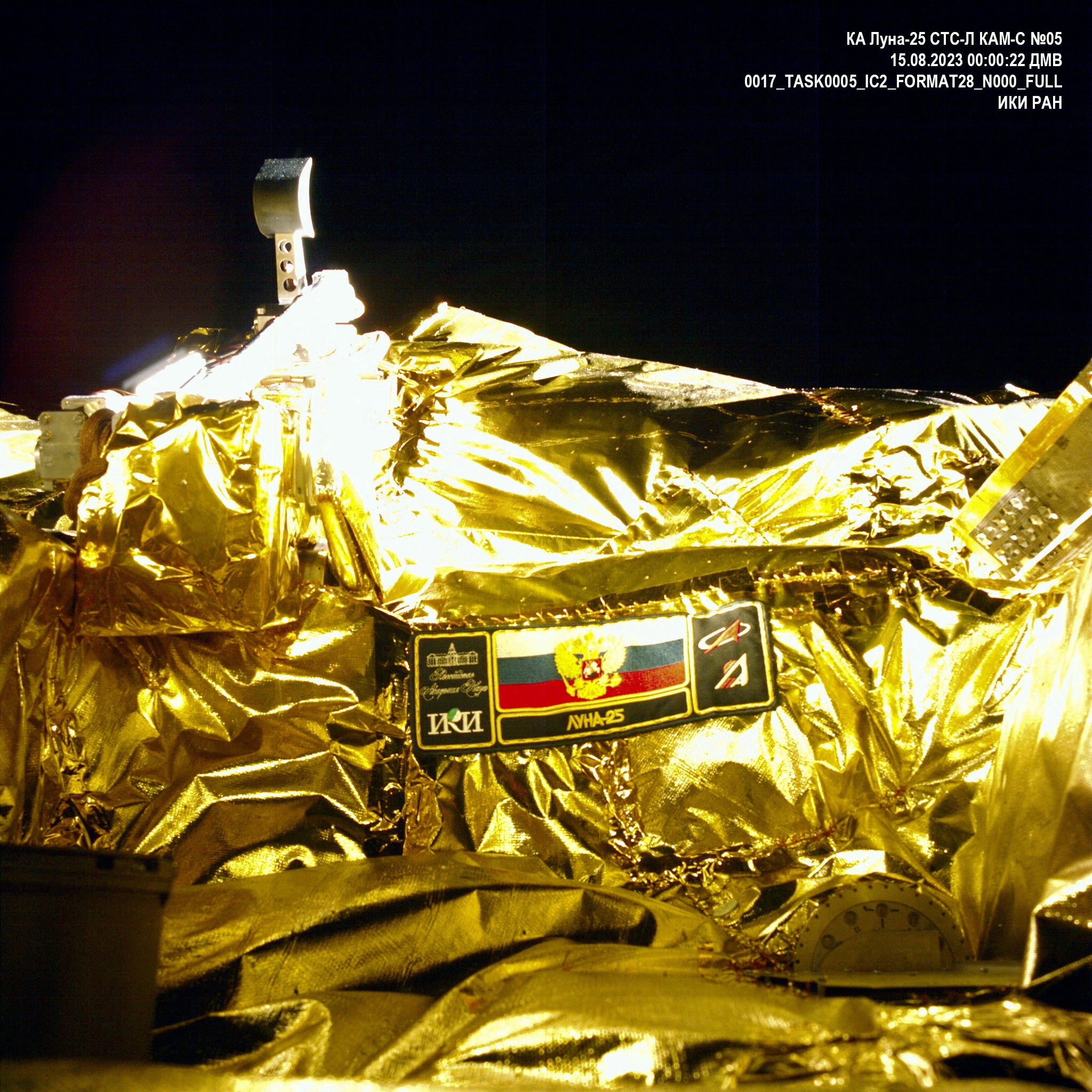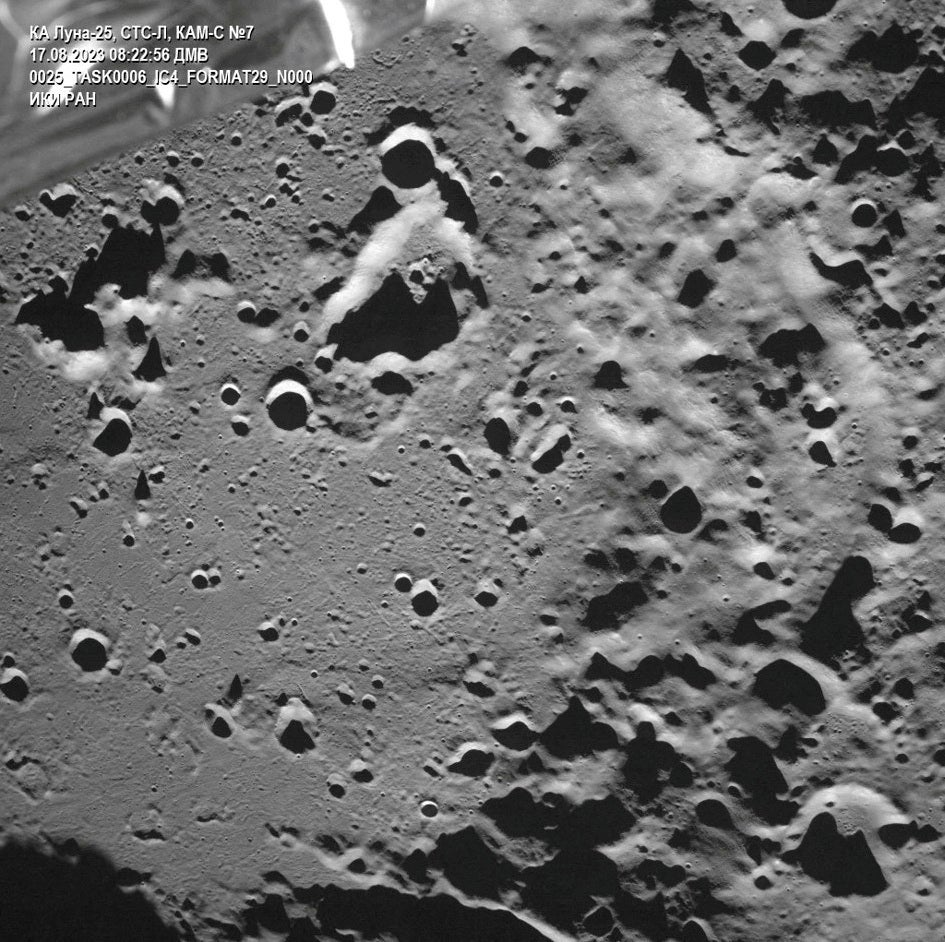Russia’s Luna-25 spacecraft crashes into moon in failed mission
Roscosmos says an ‘abnormal situation’ occurred as the spacecraft attempted to enter a pre-landing orbit

Russia’s first lunar mission in decades has failed as its spacecraft crashed into the moon.
The Luna-25 was due to land on the south pole of the moon on Monday, as a space race takes place between Russia and India.
But the country’s state space corporation, Roscosmos, said an “abnormal situation” occurred as mission control tried to move the craft into a pre-landing orbit at 11.10am on Saturday.
“The apparatus moved into an unpredictable orbit and ceased to exist as a result of a collision with the surface of the moon,” Roscosmos said in a statement.
The moon mission was Russia’s first in 47 years.

Roscosmos said that specialists were analysing the situation, but it has given no further updates. The corporation did not answer repeated phone calls seeking comment on Sunday morning.
Unverified Russian-language Telegram channels reported that communication with the craft had been lost, while Russia’s Moskovsky Komsomolets newspaper cited an unidentified specialist as saying that the craft may have been lost.
“The flight control system was a vulnerable area, which had to go through many fixes,” said Anatoly Zak, the creator and publisher of the website RussianSpaceWeb.com, which tracks Russian space programmes.
Mr Zak said that Russia had also gone for the much more ambitious moon landing before undertaking a simpler orbital mission – the latter being the usual practice in missions carried out by the Soviet Union, the United States, China and India.
Failure to complete the mission will underscore the decline of Russia as a space power since the glory days of Cold War competition, when Moscow was the first to launch a satellite to orbit the Earth – Sputnik 1, in 1957 – and Soviet cosmonaut Yuri Gagarin became the first man to travel into space in 1961.
Russia has not attempted a moon mission since Luna-24 in 1976, when Leonid Brezhnev was in the Kremlin. Luna-25 was supposed to execute a soft landing on the south pole of the moon on 21 August, according to Russian space officials.

Russia has been racing against India, whose Chandrayaan-3 spacecraft is also scheduled to land on the moon’s south pole this week, and more broadly against China and the United States, which both have advanced lunar ambitions.
It was not immediately clear from official sources how serious the “abnormal situation” was, or whether or not Moscow could save the apparatus.
Under the headline “Space industry source: Luna-25 is lost”, Moskovsky Komsomolets said that Alexander Ivanov, the first deputy director of Roscosmos, who directs orbital group projects, had held an emergency meeting on the situation on Saturday evening.

More than a decade ago, the failure of the 2011 Fobos-Grunt mission to one of the moons of Mars underscored the challenges facing Russia’s space programme: the craft could not even exit the Earth’s orbit, and fell back to Earth, smashing into the Pacific Ocean in 2012.
Eventually, in the early 2010s, Russia settled on the idea of the Luna-25 mission to the south pole of the moon. Luna-25 did manage to exit the Earth’s orbit. But its failure means that Russia may not be the first to sample the frozen water that scientists believe the south pole of the moon holds.
A mission failure would pile pressure on Russia’s $2 trillion (£1.6 trillion) economy, and particularly its hi-tech sector, as it grapples with Western sanctions aimed at punishing Moscow for the war in Ukraine.
Join our commenting forum
Join thought-provoking conversations, follow other Independent readers and see their replies
Comments


Bookmark popover
Removed from bookmarks